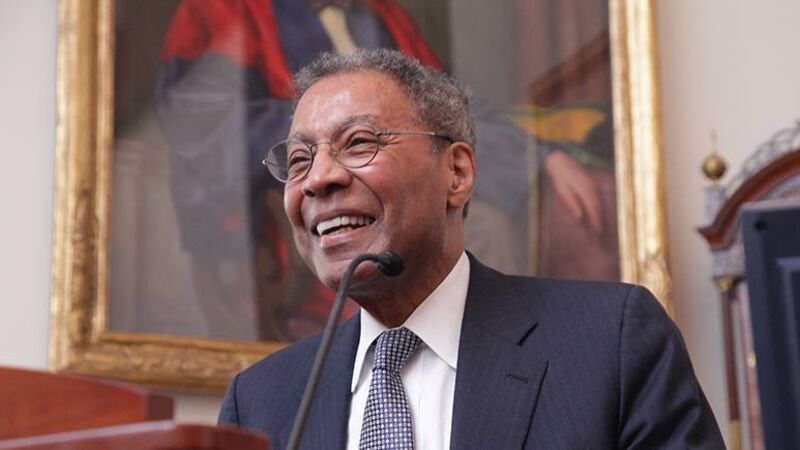Colin Sheridan: How a Harlem-born intellectual influenced a generation in Ireland through television

Pioneering social psychologist Dr Alvin Poussaint.
This weekend in Cambridge, Massachusetts, a memorial will be held for Dr Alvin F Poussaint, who died late last month at the grand old age of 90.
You’ve likely never heard of Dr Poussaint, but, assuming you had a television growing up in Ireland, you most certainly came across his work. Poussaint was a Professor of Psychiatry at Harvard Medical School, and his work as a psychiatrist, medical professional, writer, civil rights activist, and public intellectual was seminal in how Americans — especially African Americans — thought about race, class, and justice.












